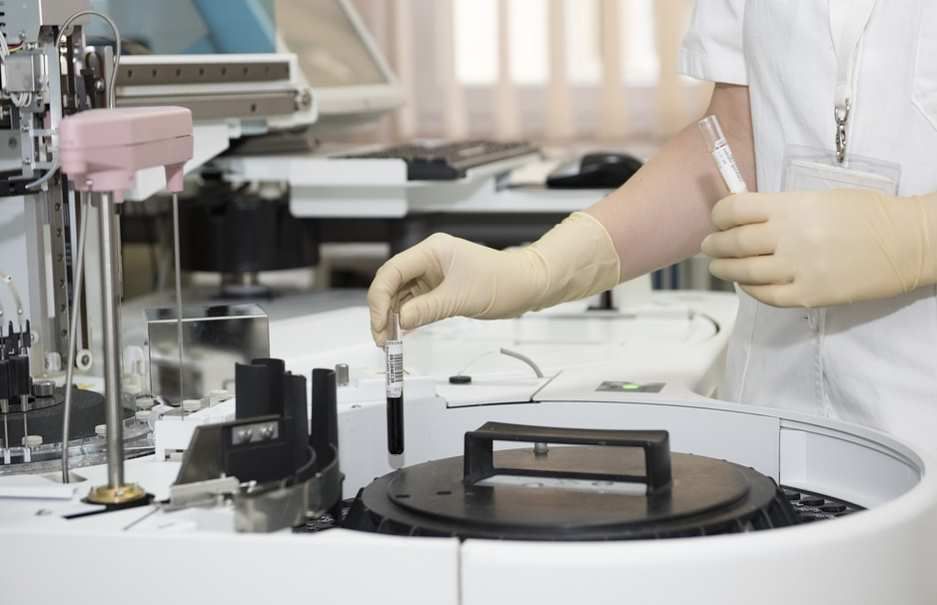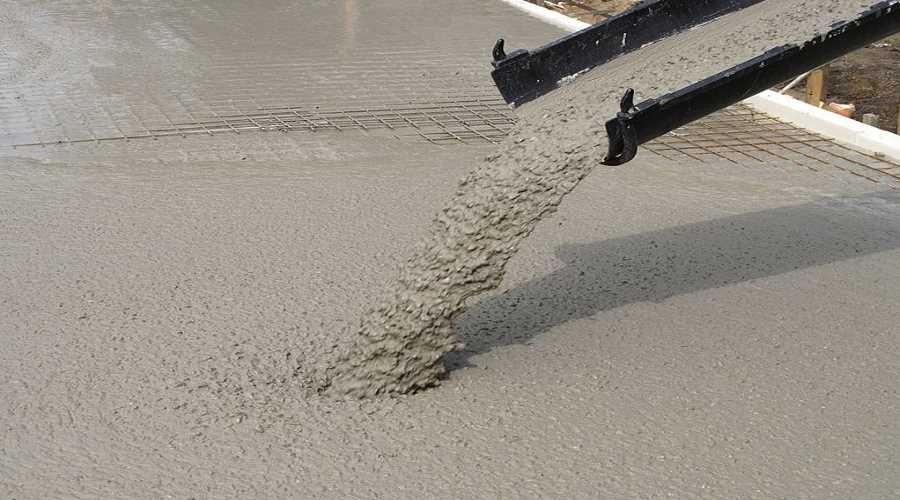Final clinical trials of new Polish heart prostheses in autumn
In the fall, the last clinical trials of the new Polish heart prostheses
The last clinical trials of new Polish extracorporeal heart prostheses for adults are set to begin in the fall, the designers of the Foundation for Cardiac Surgery Development plan to announce. Zbigniew Religia in Zabrze (FRK). Their introduction to the market is likely to take approx. two years.
In addition, for next year the foundation announces the first use of a Polish implantable centrifugal pump in a patient, a roin parallel are being conducted roAlso, research is being conducted on the implementation of prostheses for children.
However, the most advanced research is on the innovative ReligaHeart EXT extracorporeal heart prosthesis for adults. – In the first phase of clinical trials, we confirmed the safety of the prosthesis after twooch of its applications. We are now preparing for a phase of several implantations to demonstrate the effectiveness of this support. Implantation of these prostheses will probably take place in autumn at the Silesian Center for Chorob Heart in Zabrze – Dr. Malgorzata Gonsior of the FRK Artificial Heart Laboratory told PAP.
Preparations for this final (second) phase of clinical trials are m.in. Completing studies of the modification, whichore designers introduced after successful studies on the safety of the prosthesis’s use.
According to the scientistow, bringing CE-certified prostheses to market is likely to be a matter of dwoch years.
In developing the ReligaHeart EXT prostheses, the researchers drew on their experience with a similar system for adults (POLCAS system), already successfully used in more than 340 patientsow. In March, the Silesian Center for Diseaseob Heart in Zabrze successfully performed a heart transplant in a patient whoory previously supported with these prostheses for a record time – over 500 days.
As the designers emphasized, the new ReligaHeart EXT extracorporeal prostheses use the latest design and technological advances developed over the past decade: a new generation biocompatible polyurethane with extended durability in long-term blood contact, and a microprocessor-based system for remote communication of the prosthesis controller, which theory allows observation of its work while the patient is out of the hospital.
In addition, the prosthesis design has been equipped with special safety features to ensure the safety of the patient’s movement with the blood pump working outside his body. Also, for the first time, original Polish disc valves of the Moll type, specially designed for heart prostheses, were used.
RoAt the same time, FRK specialists are working on implementing the production of a clinical version of analogous Polish prostheses, but for children – ReligaHeart PED. – We are still making the last adjustments before clinical trials, ktohe need for them was identified after a phase of experimental research on animals. These are minor details in the design, and the particularolnie in the pump assembly technology itself; although it is very important that it can be used safely and comfortably in young patientsow – explained the head of the Artificial Heart Technology Laboratory of Eng. Artur Kapis.
The pumps are to be used in children suffering from extreme heart failure; they will be used in support of the left, right or both ventriclesor heart. The purpose of the device is to sustain life while waiting for a transplant or to relieve the burden on the diseased heart to allow it to regenerate.
The pump created in Zabrze is characterized by an innovative design. For its construction, state-of-the-art so-called. biocompatible polymers. Also used was the original disc valve, whichora provides a low risk of embolism; it also has safeguards to ensure safety when the little patient moves around. The prosthesis is pneumatically driven. Although a child with an implanted prosthesis must remain in the hospital, he or she can move around with it in his or her.
Two models of pediatric prostheses are being prepared for the first clinical applications: the ReligaHeart PED 45 prosthesis with an ejection volume of 45 ml (designed for children aged 9 to 14) and the ReligaHeart PED 30 with an ejection volume of 30 ml (for children aged approx. 4-10 years old).
The smallest ReligaHeart PED 20 volume prosthesis for children aged poł year to 4 years, Zabrze constructors want to equip flexible innovative polymer valves, whichore currently developing in Polish–Austrian research project.
In addition, scientists are working and researching an implantable heart prosthesis for adults ReligaHeart ROT. This is, as the developers have indicated, the technology of the world’s most advanced long-term heart support devices. – In this case, it is only in the laboratory research stage. We are planning an experimental study on animals in the fall – informed Gonsior.
To conduct research on the implementation of all these prostheses, FRK scientists have received funding under the roWHAT programow m.In. from the National Center for Research and Development and the Ministry of Health.
FRK is an established in 1991. by cardiothoracic surgeon Prof. Religion (1938-2009) non-public and non-commercial outletowka naukowo-research, ktora supports the development ofoj cardiac surgery, introducing innovative and modern heart treatment techniques and technologies into clinical practice.


